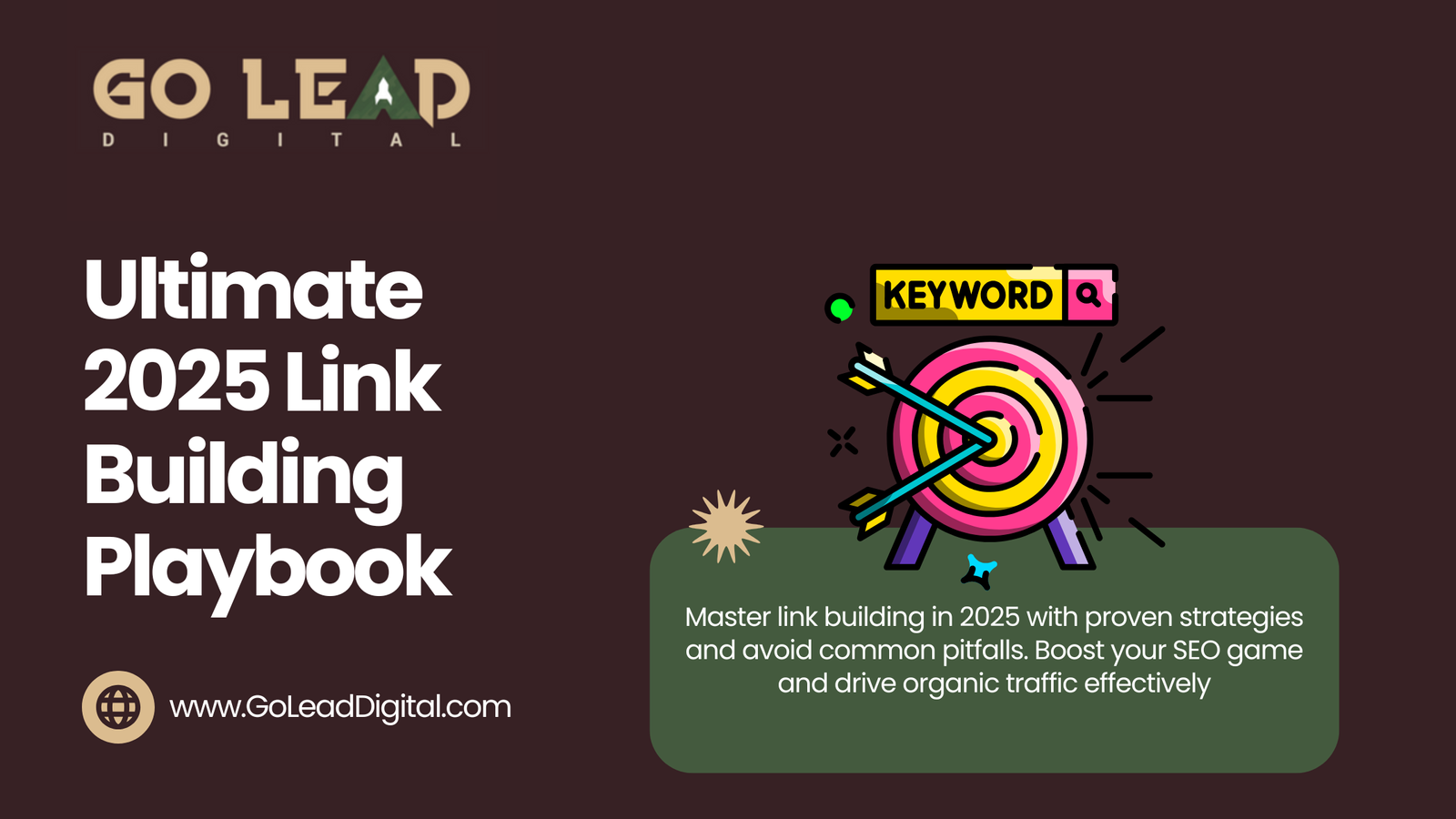ChatGPT for SEO Keywords Infographic
Explore our ChatGPT SEO keywords infographic — a quick visual guide to generate, refine & optimize keywords with AI for maximum search visibility
Supercharge Your SEO
Integrating ChatGPT into Your Keyword Research Workflow
The AI-Powered Efficiency Leap
Artificial intelligence is not just a buzzword; it’s a practical tool that dramatically accelerates the SEO research process. By leveraging ChatGPT, teams can shift their focus from tedious manual tasks to high-level strategy, unlocking new opportunities for growth.
Time Spent on Keyword Discovery
This chart illustrates the significant time savings achieved when augmenting traditional keyword research methods with ChatGPT. The process is streamlined from hours of manual searching to minutes of targeted prompting.
Up to
70%
Reduction in Research Time
By automating idea generation and categorization, marketers can reclaim valuable time for strategic implementation and analysis.
The Integrated Workflow Model
Integrating ChatGPT is a seamless process. It complements existing tools by handling the heavy lifting of brainstorming and expansion, feeding curated keyword sets back into your established workflow for validation and analysis.
Unlocking Diverse Keyword Opportunities
A key advantage of using ChatGPT is its ability to quickly generate a wide variety of keyword types, uncovering angles you might have missed. This diversification is crucial for building a comprehensive content strategy that captures users at every stage of the funnel.
Keyword Types Generated by AI
This donut chart shows a typical breakdown of keyword types discovered through targeted ChatGPT prompts. The model excels at identifying long-tail and question-based queries, which are often high-intent and less competitive.
Long-Tail Keywords
Specific, multi-word phrases that indicate higher user intent. Example prompt: “Generate 10 long-tail keywords for ‘sustainable urban farming’.”
Question-Based Queries
Phrases starting with who, what, why, etc. Perfect for FAQ sections and informational content. Example: “List 15 common questions about NFT art.”
Commercial Intent
Keywords that suggest a user is ready to buy. Example: “Suggest keywords for users looking to buy ‘eco-friendly yoga mats’.”
Tracking the Impact on Performance
The ultimate goal of improved keyword research is tangible growth in search visibility and traffic. By targeting a broader, more relevant set of keywords discovered via AI, websites can see a marked improvement in their organic performance metrics over time.
Organic Traffic Growth Post-Integration
This line chart projects the typical trajectory of organic traffic growth after implementing a ChatGPT-enhanced keyword strategy. The initial lift is followed by steady growth as new, targeted content begins to rank and attract users.




Emily Johnson
November 22, 2025I really enjoyed this comprehensive look at how AI can enhance SEO strategies! The way you broke down the workflow clarity was refreshing. By the way, for anyone in the beauty industry looking to optimize product inventory, don’t forget to check out Suplery. It tracks your inventory for free and most orders come with free delivery!